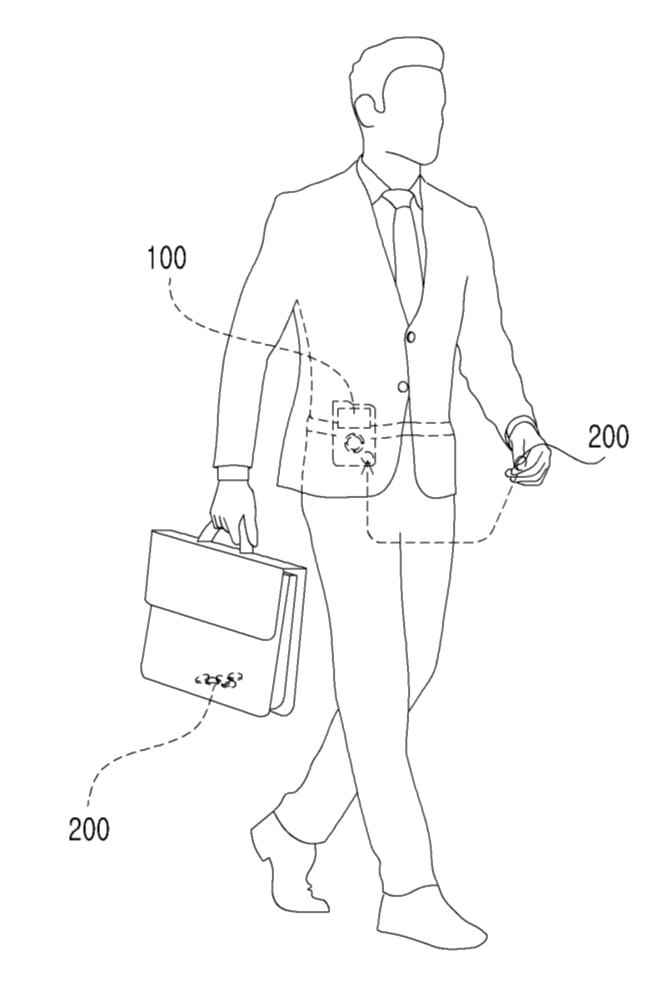South Korea Sees Surge in Medical Device Patents Driven by AI and Wearables
Over the past decade, patent filings for medical devices (의료기기) in South Korea have risen by 42%. This marks a new era in medical technology patents, driven strongly by artificial intelligence (AI) and wearable health devices (웨어러블).


Patent Filing Growth
According to the Korean Intellectual Property Office (KIPO), filings rose from 9,336 in 2015 to 13,282 in 2024 — a 42% increase. Compared to a national tech-sector growth rate of just 12%, medical devices expanded roughly 3.5 times faster than other fields.
Leading Categories
Biometric devices (생체계측기기) represented the largest share of filings at 14.6%. Wearable devices measuring heart rate, temperature, and blood pressure comprised the majority. Other categories included surgical treatment devices (14.0%), medical information devices (13.7%), and medical consumables (11.9%).
In terms of growth rates, medical information devices were the fastest climbing, with filings growing at an annual average of 21.9%. Notably, AI-powered remote care systems accounted for over 90% of these applications.
Examples of Innovation
Recently approved patents include wearable device systems for ECG and vital sign monitoring sent to hospitals in emergencies, remote healthcare platforms for scheduling and e-prescriptions, and even a university-developed device integrating remote monitoring into ceiling-mounted air conditioners (천장형 에어컨).
Who Is Filing Patents?
Surprisingly, SMEs and individual inventors account for the majority with 51.4% of applications. SMEs contributed 31.7%, individuals 19.7%, followed by foreign corporations (19.6%) and universities/public institutes (19.1%).
Samsung Electronics led the rankings, followed by Yonsei University, Korea University, and OSSTEM IMPLANT. Samsung held a lead in both biometric and assistive devices. Yonsei University dominated in medical information devices, while OSSTEM IMPLANT led the dental category.
Exports and Industry Outlook
South Korea’s medical device exports reached $6.25 billion in 2025, projected to grow another 7.4%. Rising patent filings highlight the country’s growing technological competitiveness in the global health-tech sector.
Official Perspective
According to Yeonghee Lim (임영희), Director at KIPO: “There has been an increase in R&D focused on medical devices integrating AI and wearables. Patent applications are rising rapidly... our office will continue to share patent information and support innovation to keep Korea’s medical device industry globally competitive.”
